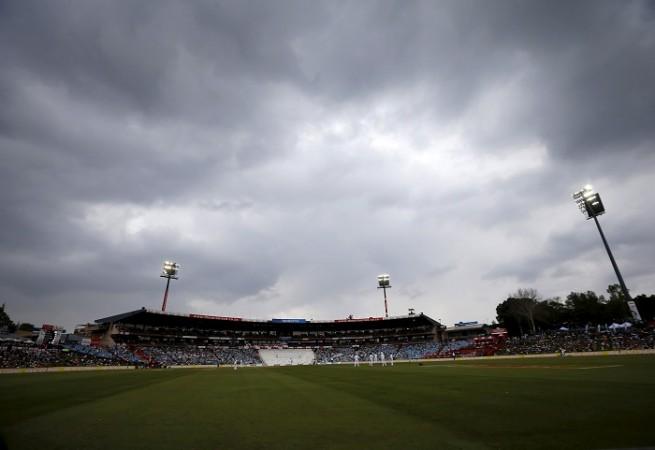
The International Cricket Council (ICC) are planning to revive the aura and importance of Test cricket, which has taken a backseat to T20 cricket in the last few years.
In order to bring Test cricket back into focus, ICC are planning to split up cricket into two divisions. If this idea is implemented, then the question of promotion and relegation will also surface.
This proposal of reviving the relevance of the longest format of the game will be put in front of the ICC Board in the annual conference, which will take place in Edinburgh in June, 2016. If the proposition is accepted, then the ICC are likely to bring these ideas into play from 2019, according to The Guardian.
The division one will have seven teams and the one below will have five. The teams will be placed in these two divisions based on their ICC Test rankings. Promotion and relegation will happen every two years.
Going by the current ICC Test rankings, West Indies will slip to division two along with Bangladesh and Zimbabwe. The remaining two positions will be filled up by two of the best teams from the Intercontinental Cup 2015-2017 (a first-class tournament for Associate nations).
Teams in division one will have to play a Test series against each other on home and away basis. The top team will be awarded with the Test championship and the bottom team will face relegation.
The concept of relegation and promotion is likely to be implemented in division two and Intercontinental Cup as well.
With the emergence of T20 cricket and domestic T20 leagues, Test cricket seems to be in a bit of trouble, in terms of viewership. A number of Test series have been cut short or cancelled in order to play the shorter formats of the international game.
This idea of splitting up Test cricket into two divisions was already proposed once by India, Australia and England during the restructuring of ICC in 2014., but it never came to fruition.
"This proposal of divisions, leagues and qualification requirements across the various formats may well be part of the answer to introducing structure and context into bilateral international cricket," ICC executive chairman Tony Irish told the English newspaper.
"However the full solution lies in a fully researched new global structure for the entire game and can't simply be an overlay on the existing disjointed bilateral playing schedule."














